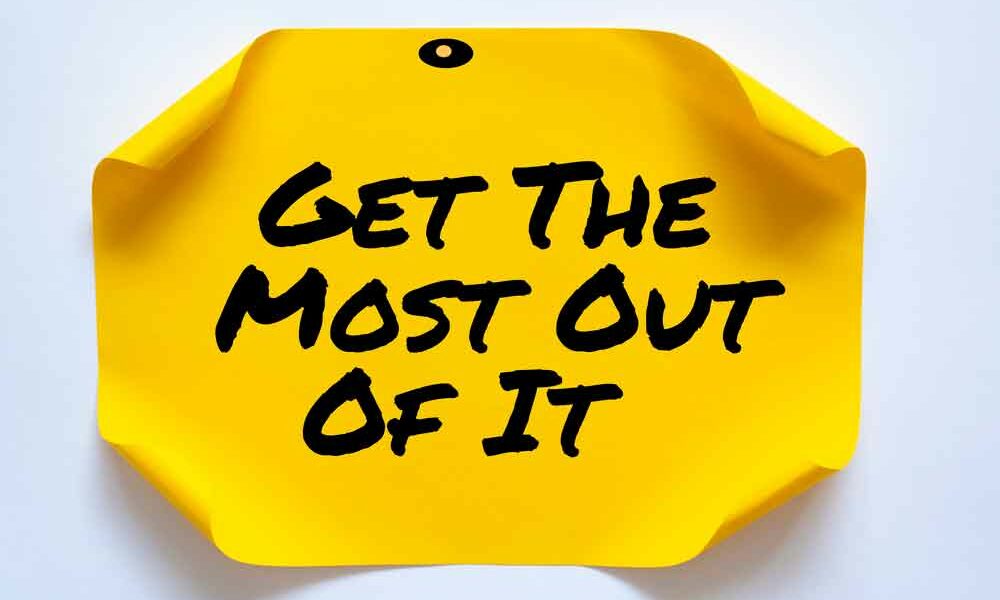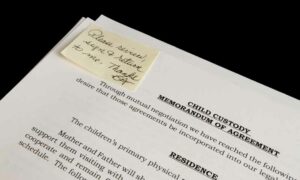
How to Get the Most Out of Mediation
Mediation is a process in which the parties discuss ways to settle their disputes under the guidance of a mediator. A mediator is a neutral third party who is usually a lawyer with special training in mediation and dispute resolution. At mediation, each party has the opportunity to discuss his or her side of the case with the mediator and then the mediator facilitates negotiations between the parties to help them reach a mutually satisfactory agreement of the issues in dispute. Since the mediator acts in a neutral capacity, and the parties have competing interests, the mediator ethically cannot give legal advice to either party. It is typical for each party to have their own attorney present at the mediation to offer advocacy and advice throughout the settlement negotiations and to discuss the legal ramifications of possible settlement options. Equally as often, though, one or both parties will attend mediation without their attorney, and some do not have attorneys at all.
Mediation has proven to be one of the most effective ways of resolving legal disputes outside of the courtroom, with or without legal counsel. The following tips can maximize your chances of settling your case at mediation:
- Prepare for the mediation. Prior to the conference, take time to be reflective about your matter. If you have items like appraisals, valuations, and other like reports, you can bring them with you to mediation. Documents like these can be helpful but are not always necessary. If your dispute is surrounding a claim for damages, documents supporting the damages you’ve suffered can be instrumental in resolving your matter. If your matter is divorce-related and involves claims for division of marital property, appraisals and valuation reports can provide value assessments in the event that the parties are in disagreement about the value of a particular asset. Though it can sometimes be difficult to have meaningful discussions about equally distributing a marital asset or the value of a claim when a baseline agreement on value cannot be established. We have mediated and presided over hundreds of matters where documentation was not available. We are skilled and experienced in helping people in conflict find a commonly agreeable point from which to negotiate.
- Some mediations take place just with the parties, and some mediations take with the parties and their attorneys. If you have an attorney that will not be attending mediation with you, meet with her prior to the conference to review the merits of your case and discuss possible settlement proposals. Remember, the mediator cannot give legal advice.
- Be open-minded. Your prospects of resolving your legal dispute through mediation will be enhanced if you approach the mediation process and settlement possibilities with an open mind and an interest in reaching a fair resolution.
- Choose a skilled mediator with a solid reputation. The experience, skill, and temperament of a mediator can be invaluable to helping parties achieve workable solutions to their problems. We are honored to provide these to each individual that comes to us seeking a resolution to their conflicts.
More Articles
MORE >>





